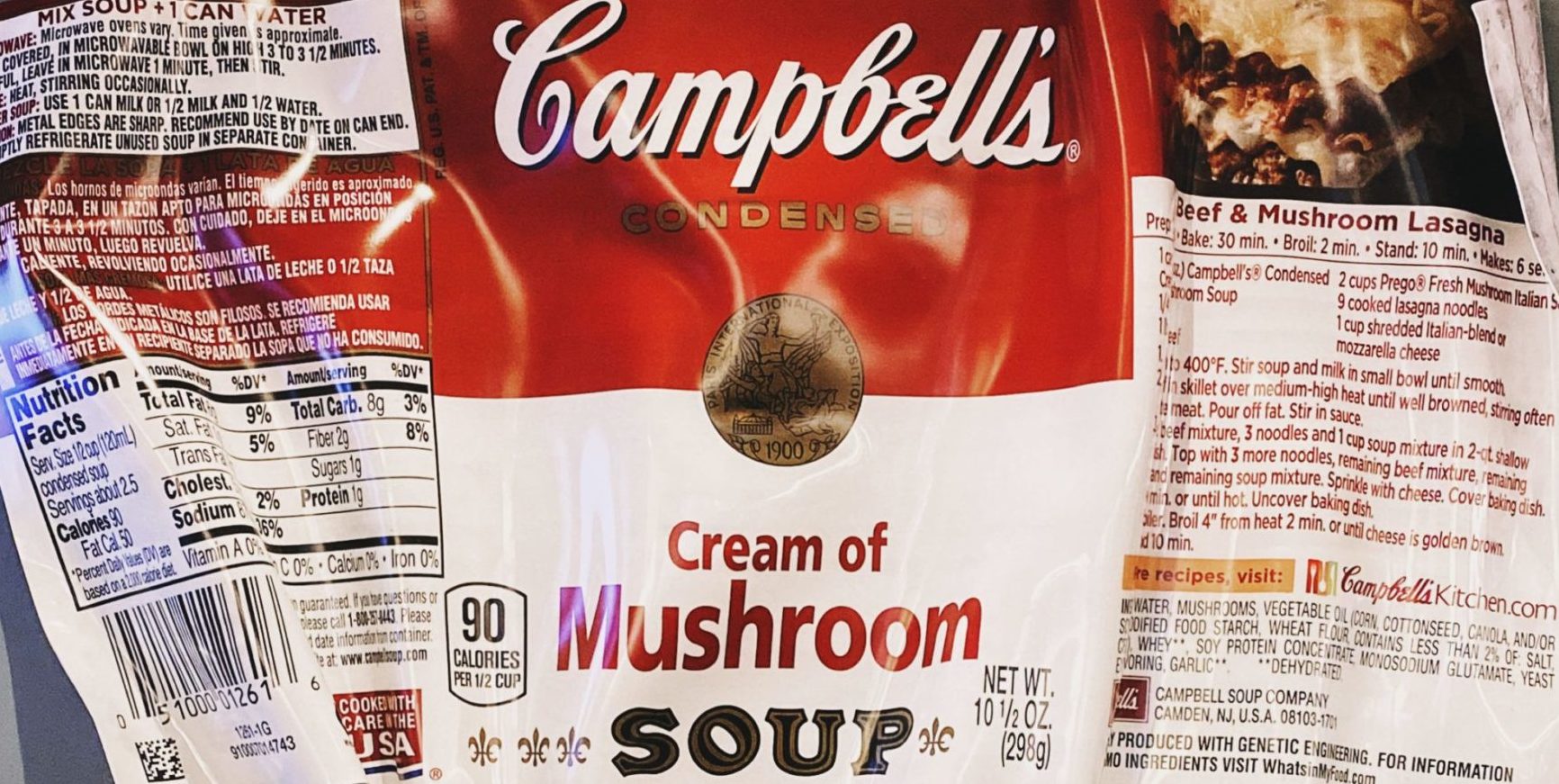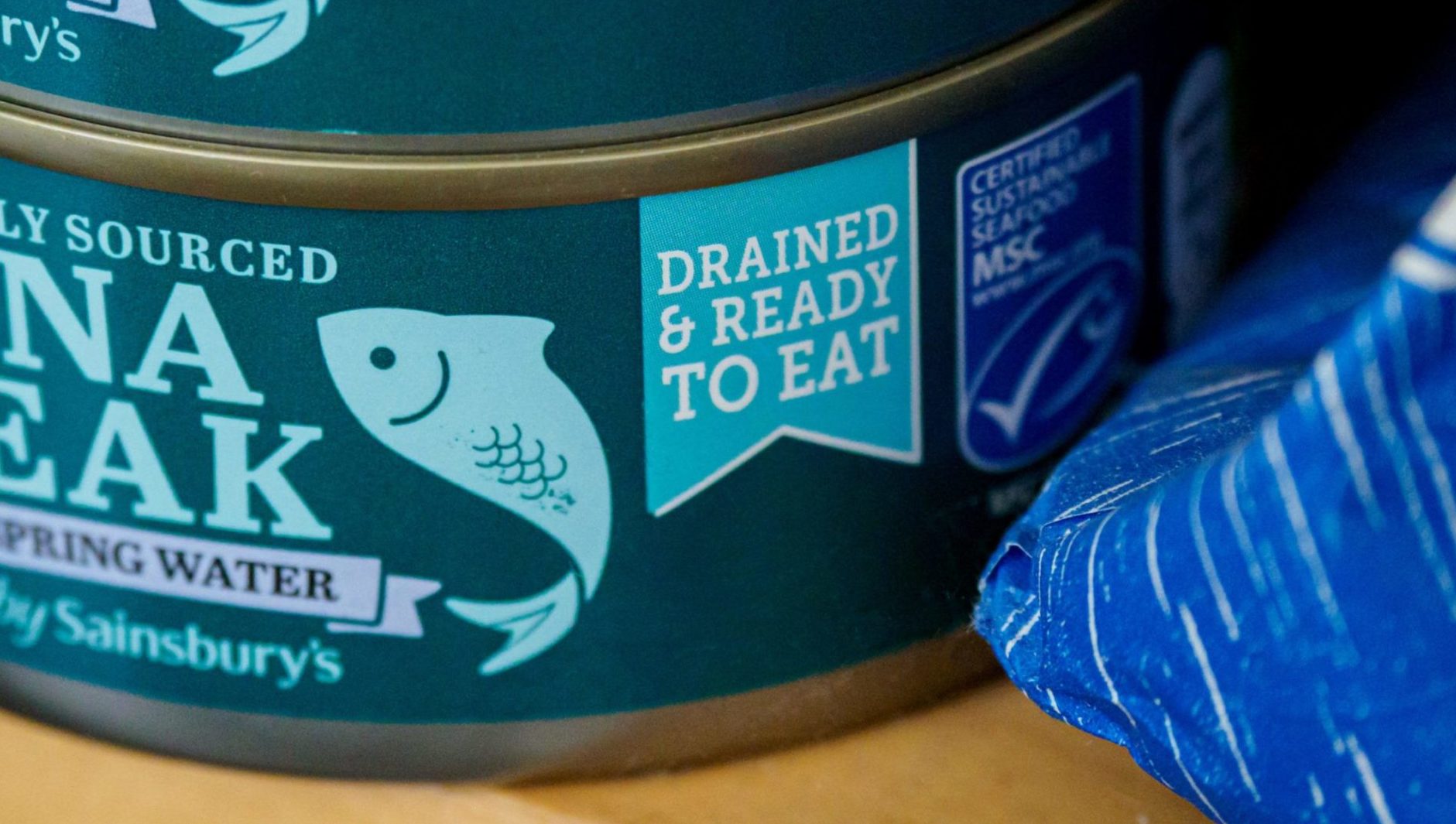Expired foods, which ones can you eat?
It seems that a well-known supermarket chain between Rome and Tivoli sold many products that have expired for years, so much so that they required the intervention of the Nas. Things of this type are unfortunately not new. It happens punctually to hear some maxi seizure of tons of expired or contaminated food. And you have certainly happened to buy products without looking at the expiration date, only to discover after a few days, just when you want to cook or consume them, that they expired the day before. And here everyone asks themselves a question: can expired foods be eaten?
All or just some?
Let’s try to understand it.
EXPIRED FOODS: CAN YOU EAT?
First of all, the expiration dates are not all the same. Some expiration dates report the expiration day, month and year, others only the month and year, and finally some have only the expiration year. For some foods we will find written in a peremptory way: “to be consumed by”. In others, “to be consumed preferably by”.

EXPIRY DATE: WHAT THE DIFFERENT TERMS INDICATE
-
The expiry date is required by law for all packaged products.
Conversely, don’t ask the greengrocer when the oranges expire, or the fishmonger when the sole you just bought expires. So many foods that are sold fresh and without packaging already suppose we have to consume them soon.
-
Packaged products that have a short-term expiration date, or a maximum of three months, must indicate the day as well as the month and year.
These products use the words “use by”, in English use by , and in general it is better not to consume them after that date. In fact, this wording indicates the risk that the product develops pathogens due to deterioration.
-
If, on the other hand, the product indicates “to be consumed preferably by”, in English best before , we can also consume it a week or a month or even two later.
Let’s see some rules to understand when we are forced to throw away an expired food and when we can consume it.
EXPIRED FOODS, WHICH TO CONSUME? THE RULES TO FOLLOW
-
The first rule to avoid problems is this: remember foods stored in metal packages last longer than those in glass.
The least durable ones are those sold in plastic, film type or similar.
The material with which they are stored in fact affects the danger that the food deteriorates due to light or small imperfections in the packaging that allow the air to pass into the food. So if you know that you are not really up to the deadlines, in addition to choosing foods that indicate “to be consumed preferably by”, you prefer cans to glass or plastic packaging. And dark bottles or containers instead of clear or clear ones.
Canned foods can also be consumed after the expiration date, as long as you pay attention to swelling, the presence of mold or white patinas upon opening, or an altered color on the surface.
In this case it is better to throw.
Among the foods that we can consume even after they have expired: jams (if they contain sugar), canned and canned fruit, pickles, products in alcohol, chocolates, some sweet and savory snacks, syrups, pasteurized sauces such as mayonnaise, freeze-dried products. -
The second rule is to distinguish refined products from wholemeal products.
If we eat wholemeal flours, wholemeal biscuits, pasta and brown rice it is better not to exceed the expiration date, because the germ of the cereal is the part that goes rancid more easily. So it is not true that bread and biscuits can be eaten even months after their expiry, it depends on the ingredients.
Wholemeal flours if they have a very bitter aftertaste are altered. And the same thing can happen in whole-based products.
Same thing for legume flour (but not dry legumes, those can last a long time), oilseed flours. The latter, such as almond or pistachio flour, are the most delicate, because they contain fats and traces of the seed that make them susceptible to rancidity. To avoid inconveniences, the latter can be stored in tightly closed jars in the fridge or freezer. Conversely, unless you find small holes in the packages, butterflies or other traces of insects, white flour, white rice and baked goods that use only refined flours can be consumed even a month or more after their expiry date. -
The second rule also includes oils.
The more the product is extra virgin or unrefined, the more care must be taken to consume it according to the manufacturer’s instructions, while refined oils last much longer, especially if canned.
An infallible criterion is to smell the oils before tasting them: the smell of metal, mold, sludge, stale or even rotten fish are the sign that they are no longer good. In general, a good extra virgin olive oil can last from six months to a year if well preserved, that is, in the dark and indoors. -
And the pasta?
The pasta is made with durum wheat, even when it is not wholemeal it is good not to eat it too much after the expiration date. If you don’t find any faults and the pasta has been out of date for a month, you can still eat it.
EXCEPTIONAL FOODS, THE EXCEPTIONS
We come to the exceptions. On these you have to do some tests, as in the case of eggs. Eggs can be kept for a month, better in the fridge if we don’t want to use them right away.
























+ There are no comments
Add yours